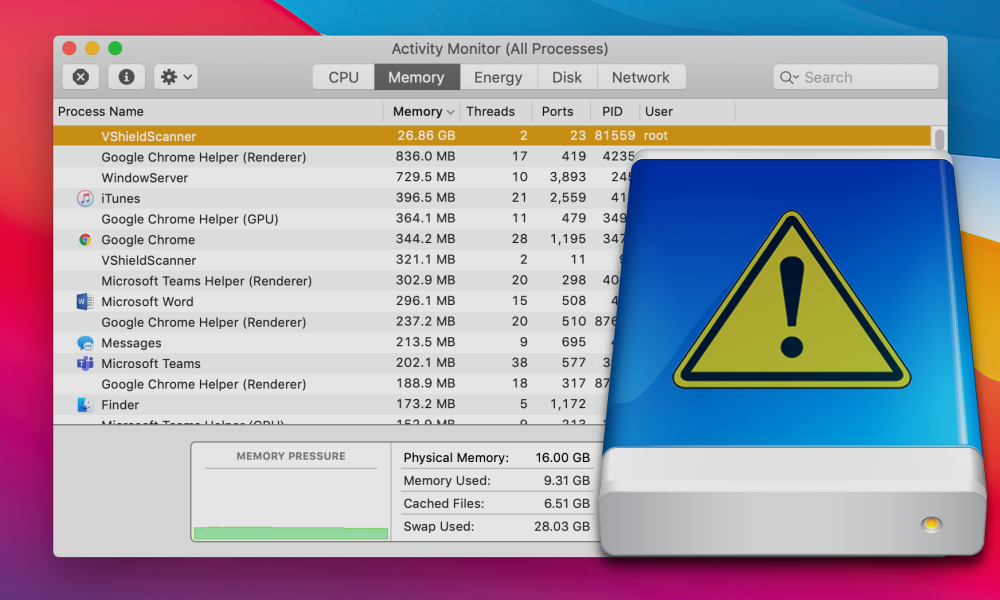A Guide to managing VShieldScanner high resource usage on Mac

VShieldScanner, an essential component of McAfee’s antivirus suite, has become a significant concern for Mac users due to its high CPU and memory usage. This issue is particularly noticeable on devices running macOS 11 Big Sur and other versions, where users have reported low memory warnings and substantial reductions in system performance, even under minimal application load.
Read More “A Guide to managing VShieldScanner high resource usage on Mac”





